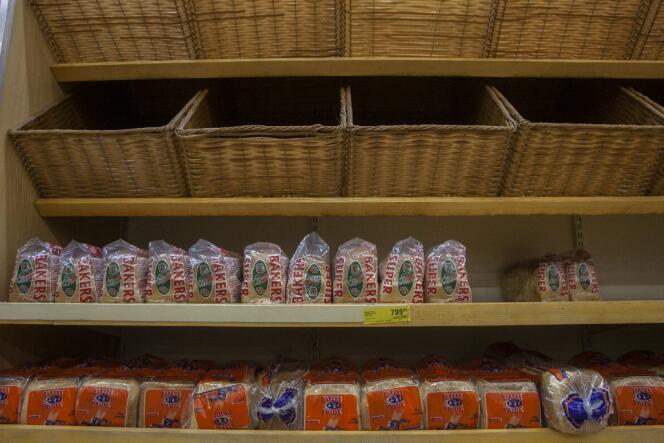Malawi becomes first low-income country to receive IMF loan to deal with food shock


Malawi has become the first low-income country to receive funding from the International Monetary Fund (IMF) under a new tool to help countries deal with the global food price shock.
The Washington-based institution has agreed to provide the South African nation with an $88.3 million loan to meet urgent balance-of-payments needs related to rising food prices, it said in a statement. Annual food price inflation has doubled to 34.5% since Russia invaded Ukraine in February.
Malawi is among 48 countries identified by the International Monetary Fund as having the worst food crisis in the world since the global financial crisis. About a fifth of its population is estimated to be acutely food insecure during the lean season from October to March, up from 15 percent a year ago, according to the Integrated Food Security Phase Classification report.
State finances were affected
The International Monetary Fund introduced a food shock window in September for countries with urgent balance of payments needs due to food insecurity, a sharp increase in their food import duties or a shock to grain exports. This facility is available for one year. Ukraine also received funding within the framework of this program.
Rising food and energy taxes have strained Malawi’s public finances and led to a foreign exchange shortage. The deficit prompted the central bank to devalue the kwacha by 25% in May and intervene in foreign exchange markets to support imports of strategic goods. It also temporarily reintroduced an order requiring exporters to sell 30% of their foreign exchange earnings to authorized banks.
Debt that the IMF considers unsustainable
The International Monetary Fund also agreed to create a program overseen by IMF staff (personnel monitoring program, SMP) with Malawi, an informal arrangement that countries unable to borrow from the IMF can use to get their budgets back on a sustainable path. Although it does not involve financing per se, the SMP can help unlock funds from donor countries and other multilateral lenders such as the World Bank.
Malawi is one of dozens of low-income countries whose debt is considered unsustainable by the International Monetary Fund. Fund policy prohibits it from bailing out countries with unsustainable debt unless they take steps to bring it down to sustainable levels.
The approval of food shock financing came four days after the IMF announced the settlement of a case involving the Reserve Bank of Malawi’s misreporting of foreign reserves in 2018. The nation is also looking for a food shock facility. Four-year extended credit with the lender.
To keep up with African news, subscribe to The Newsletter “World Africa” from this link. Every Saturday at 6am, find news and debate covered by the magazine’s editors. “World Africa”.
Source: Le Monde
Leave a Reply